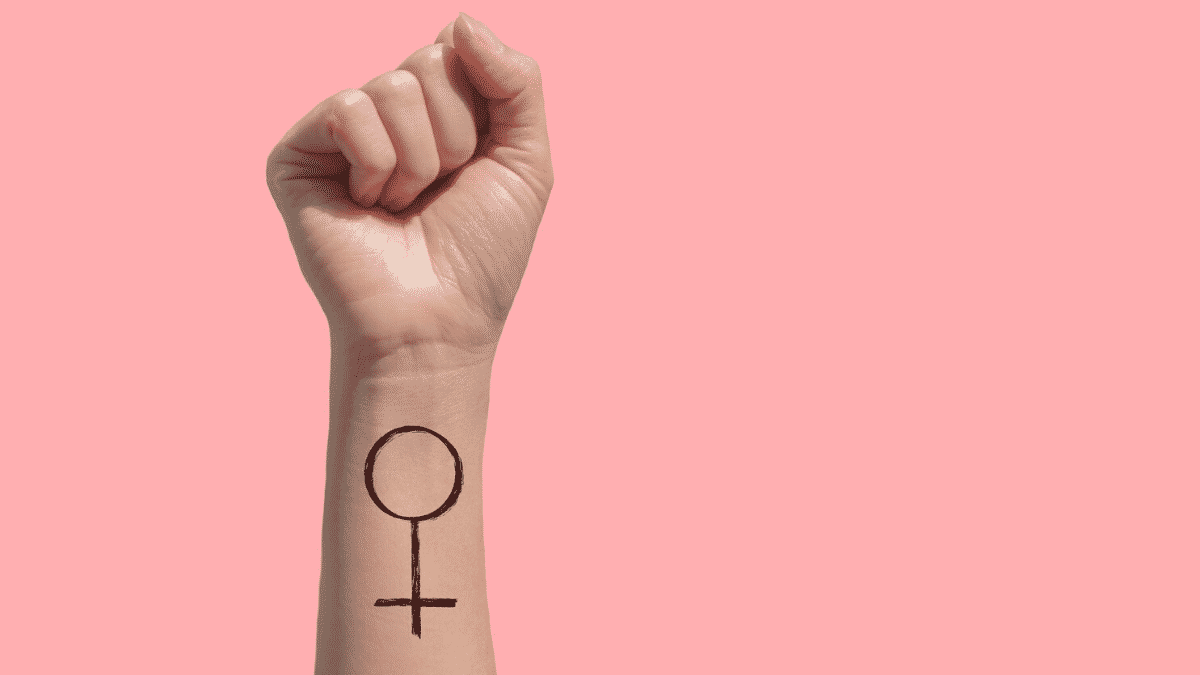Do you consider yourself an empowered woman? Female empowerment is a means for women to have more dominion over their lives
You may have heard that term before. Female empowerment has grown a lot in searches today, and has been a recurring theme of books, films, series, podcasts and the most diverse posts on social networks. But do you know what its principles are? And, by the way, do you know why this concept is so important these days?
According to the dictionary Aurelius, the word empowerment has two meanings. In the common meaning, empowerment means, above all, the action of being powerful or powerful. Thus, constituting power over something or someone. In addition to this definition, the dictionary also makes available the meaning of slang empowerment. In this case, it means to have dominion over what concerns you, that is, to have power of yourself.
Taking into account this definition, it is possible to realize that empowerment is not unique and exclusively belonging to the female struggle. When someone becomes empowered, they become the owner of themselves. Thus, recognizing their rights and duties, fighting against injustices, especially of inferiorized classes, such as LGBTQIA+ people and black people.
In this way, we can understand female empowerment as a means that women can have more mastery over their own lives. In addition, of course, to impose respect and increase the prestige and power that has been given little to them over the years. Therefore, we know that this fight is not today. Therefore, we must engage more with women’s struggles and better understand what they represent.
What is and how did female empowerment arise?
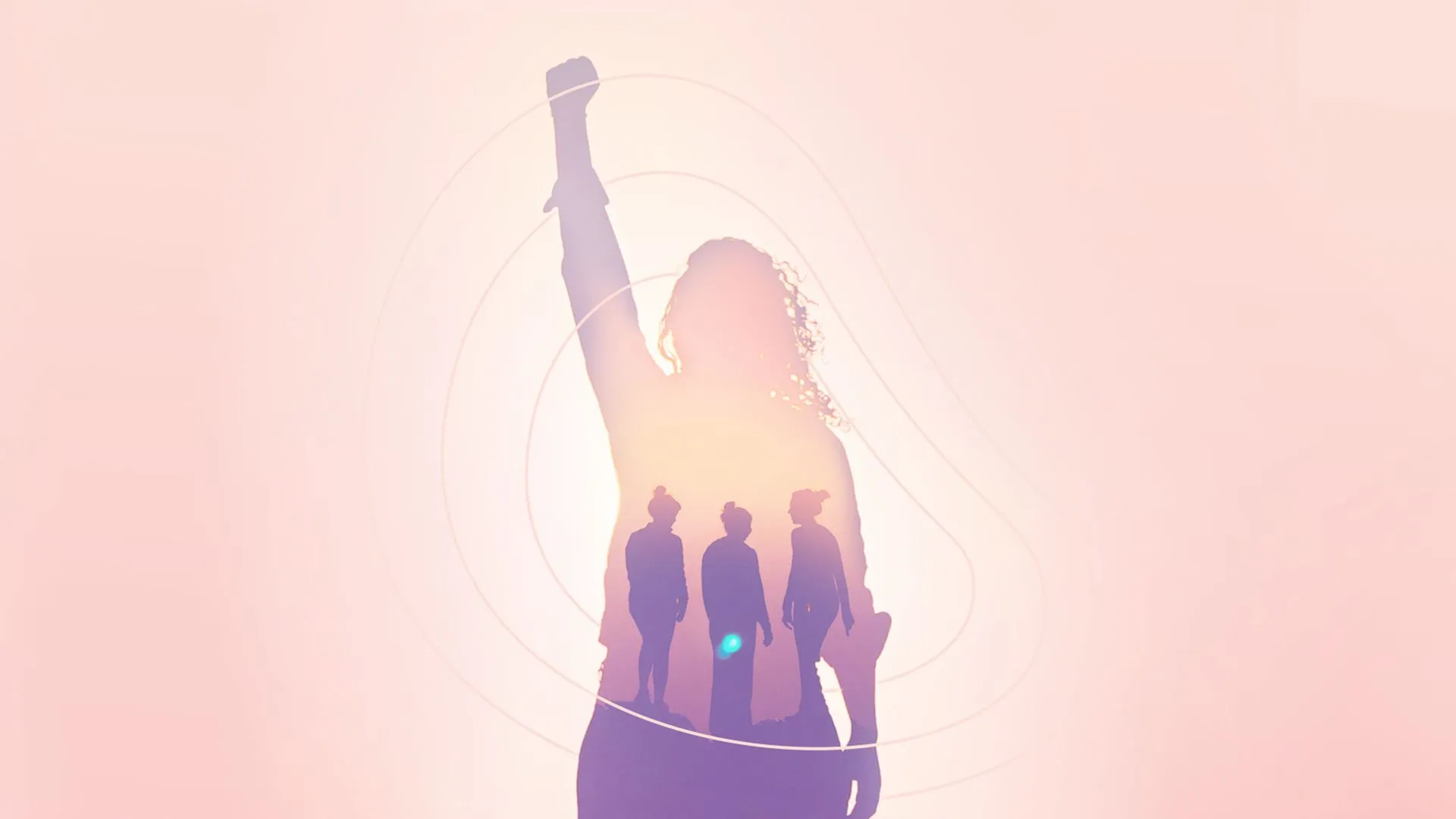
Since a long time ago, it is a fact that women suffer oppressions, simply because they are women. They like to call us “fragile sex,” imposing rules on what we should wear or how to behave in society. Therefore, the term empowerment gained extreme strength after it emerged, that is, in the 1970s in the United States.
Women, tired of so much oppression, incorporated this term, female empowerment, after it was first used to debate racial issues. Since then, the word has been shared. In the second decade of the 2000s, empowerment gained more prestige in the Brazilian context. This is due to the rise of social networks in the country.
In short, female empowerment is then the awareness of every woman of her own power. Moreover, not only their power, but also become aware of their rights and fight for them to be respected. An empowered person, therefore, is that person who knows his own power and knows his autonomy.
Female Empowerment x Feminism
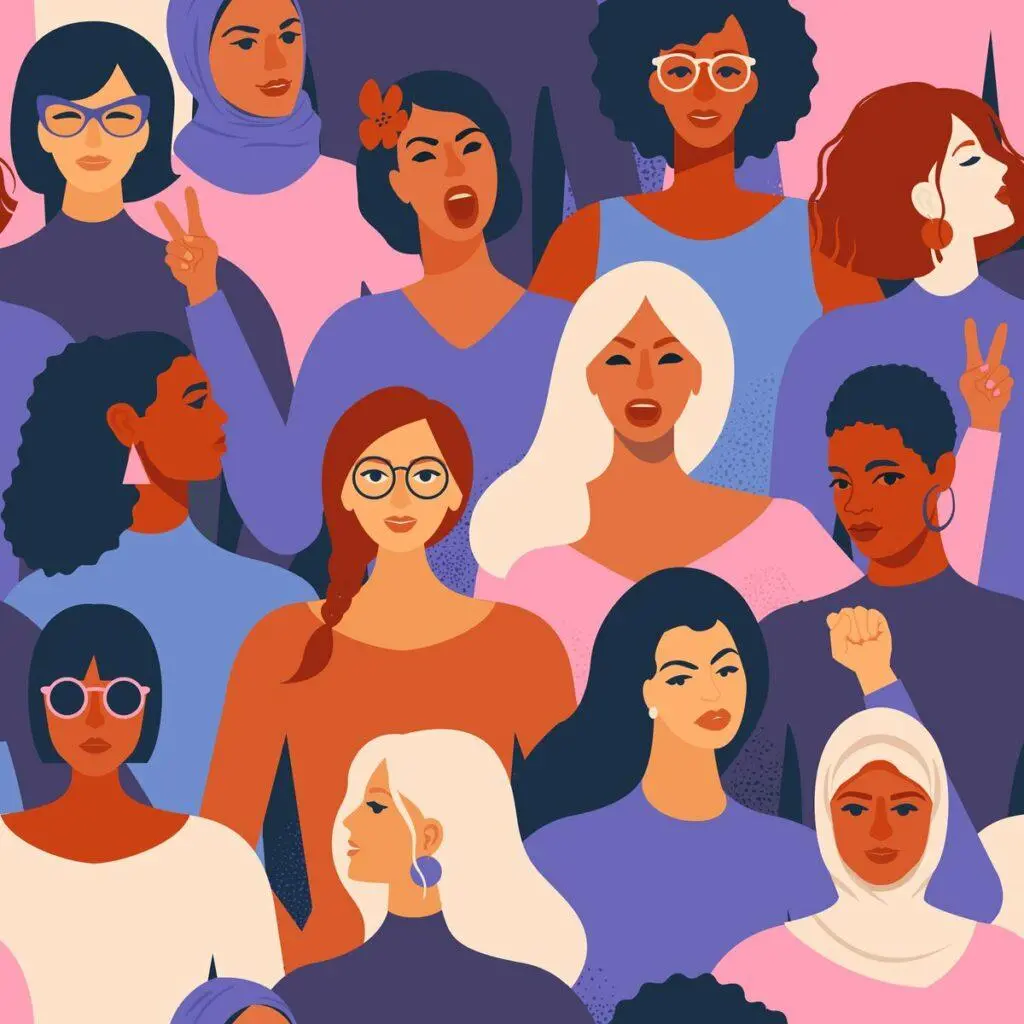
It is important to note that the terms female empowerment and feminism are different. Therefore, we can understand feminism as an ideological current that seeks equality between genders. This equity within the political, social and economic spheres.
On the other hand, female empowerment is more related to a collective consciousness of women, who are not inferiorized by their gender. Therefore, they act against this inferiorization, strengthening their choices and developing gender equity.
One common feature of the two movements is the search for gender equality. That is, female empowerment can be considered a consequence of the feminist movement, considering that both are moving towards the same end, the struggle against structural machismo and patriarchal society.
What is the use of female empowerment?
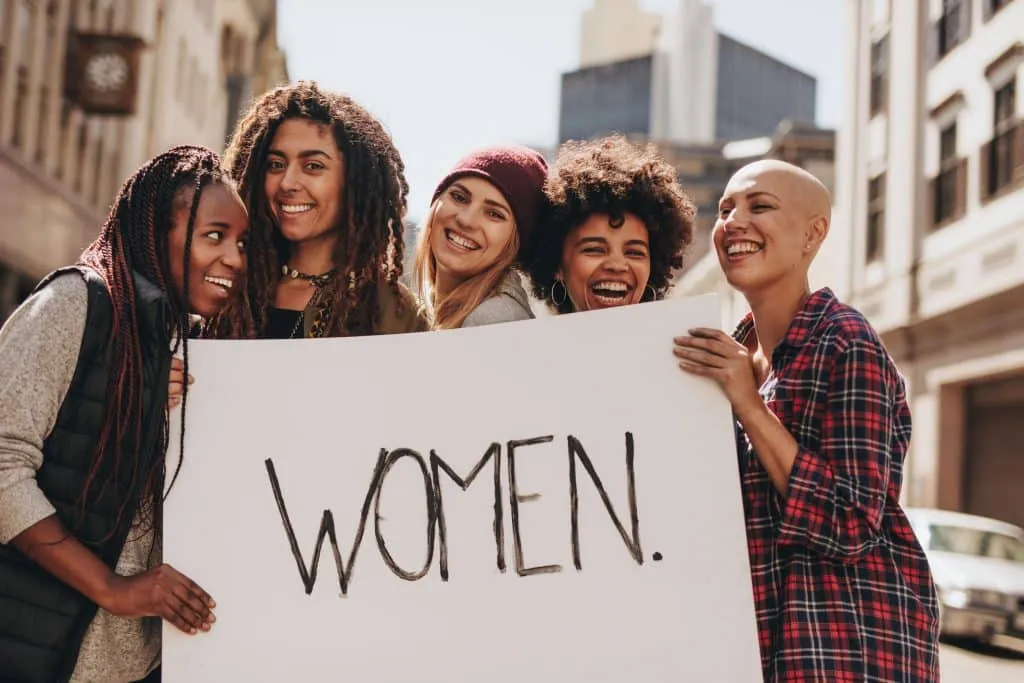
In addition to everything we have talked about so far, female empowerment serves, above all, for women to conquer more spaces. In this way, women are able to actively participate in all discussions in society. On politics, about society, about actions that will affect your own future and the future of the country.
In addition to the various names that contributed so that we could achieve what we have today, there are many other less cited women who played a key role in this. Anita Garibaldi, Joana Darc, Jacqueline Cochran, Maria Quitéria are just a few of those names we know.
The first Brazilian woman who published a work fighting for women’s rights and against male injustices was Nísia Floresta in 1832. His book is entitled “Right of Women and Injustices of Men”. From there, we have Narcisa Amália as the first woman to become a professional journalist.
All these women fought against the laws of silence and obedience that were imposed and thus opened doors to the paths and freedoms we have today. Thus, female empowerment serves so that other women, in the future, can achieve even more rights and respect within society.
Respect for rights and women empowerment
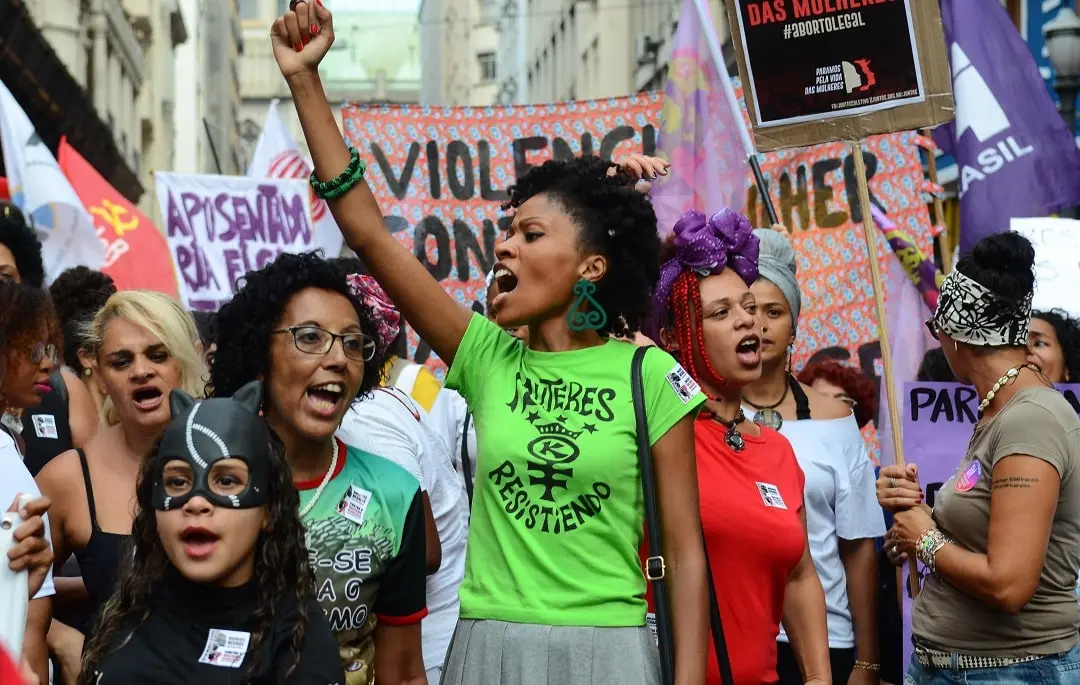
Although we may think that we women in the West have many rights, we need to review those who are respected and those who are not. That is, we need to think about the issue of gender-female wage inequality; the different relationship between the political participation of women and men; the job opportunities, among many other things.
Therefore, fighting for respect for our rights and our appreciation is very important. Moreover, did you know that even studying more, women still get less than men? And by the way, they are also responsible for doing all the housework. Instead of a fair division.
However, we know that there are women in worse conditions and conditions than in the West. Thousands of women around the world are denied rights. Often, they need the authorization of the husband or the father to perform simple actions for us, such as traveling. In addition, studying can also be a great achievement for many.
Young activist Malala Yousafzai from Pakistan is one of those women. She was banned from studying after an imposition on January 15, 2009. She, who wanted to become a doctor, fought for the right to study and participated in a documentary film from The New York Times. Malala suffered threats and after a few years he was shot in the head.
Fortunately, the young woman survived, and her fight for the basic human right to study guaranteed her the Nobel Peace Prize. Thus, Malala was the youngest person to win a prize in this category. Today, it remains an inspiration to many women who suffer to respect their rights.
The 7 Principles of Female Empowerment

The United Nations, in 2010, published a primer describing the seven principles of female empowerment, so that they would be put into practice. Thus, within companies and in the field of work, women can seek these principles to guarantee their rights.
With this, the organization hopes to build a world, both corporate and collective, better than the present day. Follow now on the 7 Principles of Women’s Empowerment (WEP):
1. Leadership
This principle seeks to establish a corporate sensitivity of high-level leaders regarding gender equality.
2. 2. Equal opportunities, inclusion and non-discrimination
This principle states that women and men should be treated fairly, with equal opportunities, including each gender and not discriminating against any being.
3. Safety, health and end of violence
With this, it is established that the employer must guarantee the health, well-being and especially the safety of all women and men of the company.
4. 4. Training and education
It is necessary to promote training, training, education and professional development for women.
5. . 5. Entrepreneurship and empowerment policies
By this means that companies must support women’s entrepreneurship and marketing practices that empower women.
6. . 6. Social activism
In addition, companies should also promote equality in community practices and social activism.
7. 7. Follow-up of results
Finally, companies must measure and monitor the results of these gender equality practices. In fact, they must also document and publish these results, establishing transparency.
Empowering LGBTQIA+
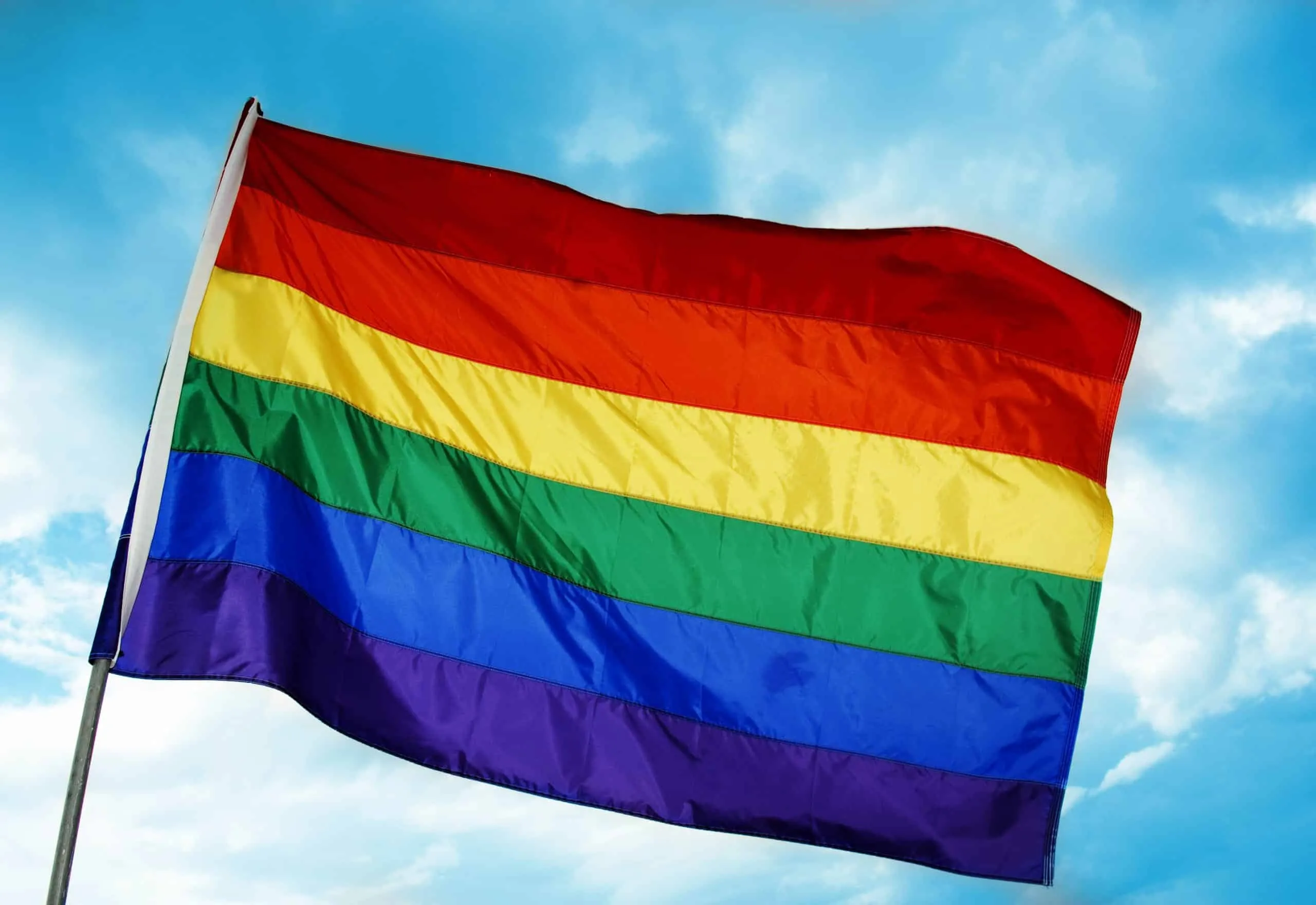
As we have already mentioned, empowerment is not restricted only to women and can serve everyone who suffers oppression. Thus, the LGBTQIA+ community is constantly a victim of offenses, being much inferiorized in its actions and participation in the social, political and economic community.
In this way, we can say that, still, within the same community, transsexual people suffer more prejudices. Faced with many struggles and difficult success, an important achievement for these people is that of being able to use the social name in the title of voter of all Brazilian cities and regions.
This therefore requires transgender people to have in their electoral document the name they identify. Therefore, it is very important to refer to a transgender person in the way they desire, showing respect, basic right of human beings. This decision was approved in the Superior Electoral Court on March 22, 2018.
In addition, the LGBTQIA+ community still faces many difficulties of representativeness. In work, in politics, in leadership and even in sports, as in the Olympics, people suffer prejudice because of their sexuality. Therefore, the empowerment of these people remains very valuable to be able to fight for their equal rights.
Empowerment Black
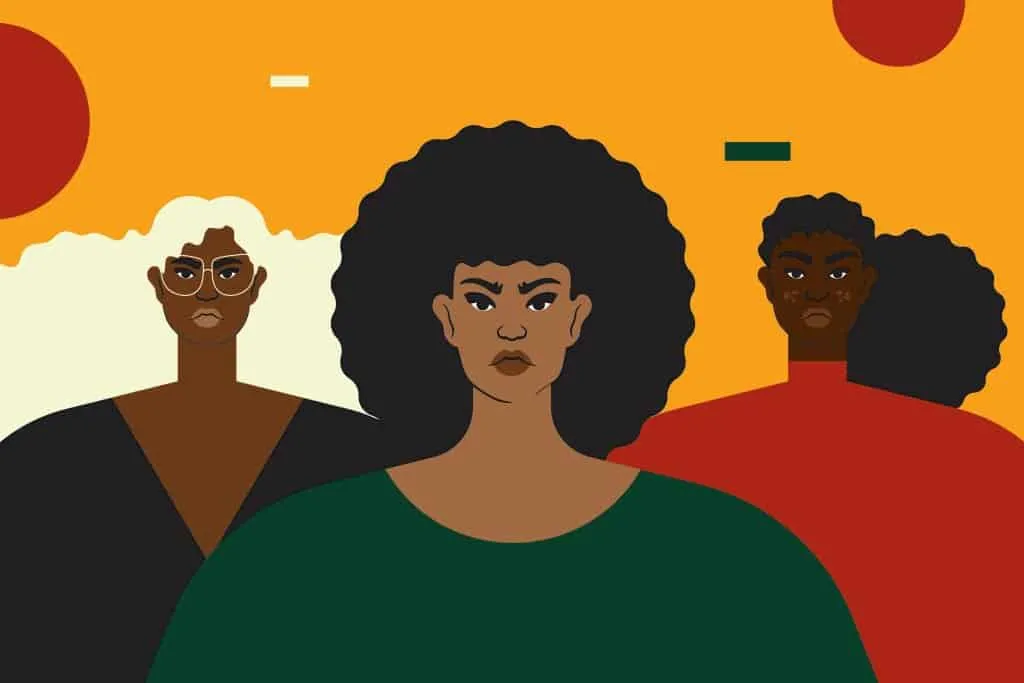
In addition to female empowerment and LGBTQIA+, the empowerment and repercussion of the black movement have gained ground. However, it is super important that more people become aware of their racial condition, and become empowered more and more. Occupying spaces and strengthening the voice of these people.
As we know, Brazil was one of the countries that received the most black slaves by export during the colonial period. This is no cause for pride. Still, since the abolition of slavery, these people received no condition that equates their opportunities with those of those who were already free.
Therefore, institutionalized racism nowadays, through expressions such as “I am not your negates”, “service of black”, “has foot in the slave quarters”, “bad hair” needs to be immediately removed from our vocabulary. Thus, we do not normalize, in tone of joke, aspects that need to be combated.
Empowering black people is giving voice to all the prejudices and racism that these people go through throughout their lives. In this way, black people appropriate their characteristics and take pride in them, as is the case with curly hair. Always the target of many criticisms, the hair of black people began to have a greater representation. They became a model to be followed to understand the origins of who has this characteristic.
In 2016, the lingerie brand Victoria’s Secret presented two models with curly hair parading on the runways with their models. This reflects self-acceptance and self-love, key ingredients for empowerment. Still, the search for representation continues daily within the black movement.
Empowering all
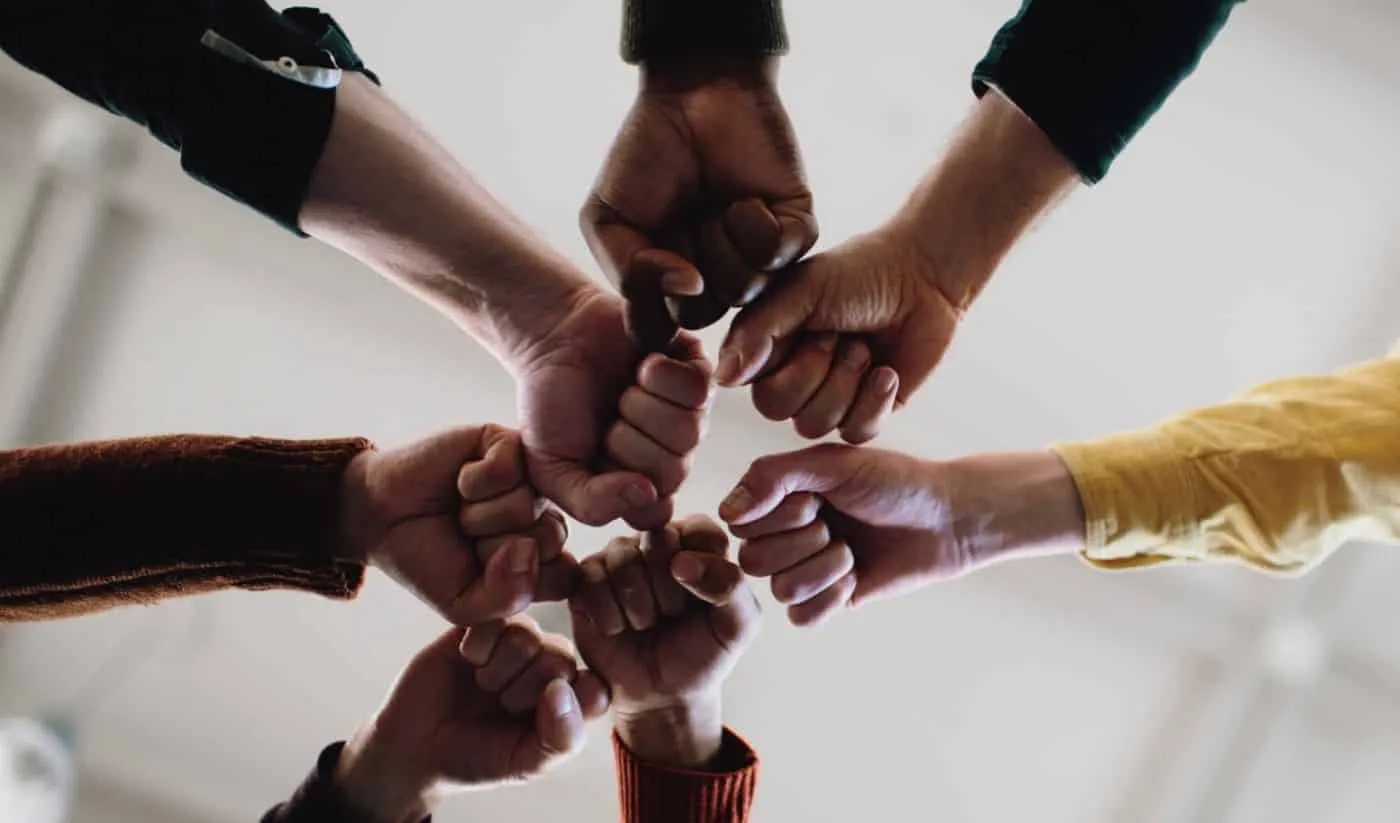
Last but not least, we must think of collective empowerment. In addition to the necessary empowerment of the aforementioned minorities, this concept goes beyond women, homosexuals, transsexuals and blacks. Empowerment, finally, is the pursuit of self-power and self-power.
Thus, the search for their rights, for the rights of the other is an empowerment. And that power is constantly developing throughout our lives. Therefore, being aware of who you are, your origins and other people around you is so important for you to be an empowered person.
Finally, respect for others and for oneself also includes actions and empowerment. And yes, we can have a female empowerment even in such masculine and historically macho environments. It is enough that everyone joins in pursuit of one goal: gender equality in all aspects of society.
Sources: Impact Hub Curitiba, Movement Women 360, Politize, UN Women
Featured image: Zenklub
Images: Mindminers, DCI, I without borders, Timoneiro, Women’s Finance, Government of the State of São Paulo, Cláudia Abril, Pure Break

